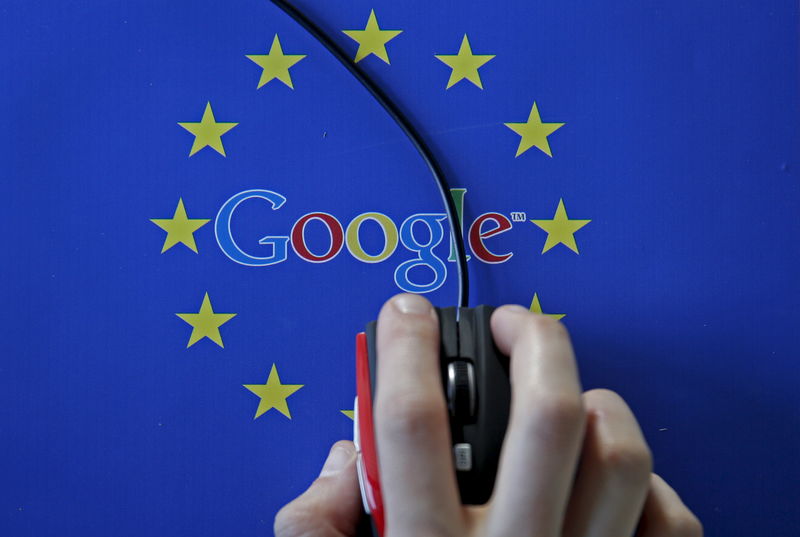This post was originally published on this site
https://i-invdn-com.investing.com/trkd-images/LYNXMPEJ1D09S_L.jpg
NEW DELHI (Reuters) – U.S. firm Epic Games is challenging Google in an Indian tribunal for not complying with some portions of an antitrust directive, alleging that the tech giant is not hosting the gaming company’s app store on Google’s Play Store app.
Epic’s claims are the latest legal issues to plague the Alphabet (NASDAQ:GOOGL) Inc unit in India. Last month, after losing a legal fight with the Competition Commission of India (CCI), Google said it will make changes to its Android business model including stopping its practice of forcing device makers to pre-install a bouquet of Google apps such as YouTube or Chrome.
However, Epic claimed in a Feb. 9 filing with an appeals tribunal in New Delhi that Google has not complied with a part of the CCI directive that Google should host third-party app stores on Play Store and allow apps to be downloaded freely without using Play Store, a practice called “sideloading”, according to a copy of Epic’s submissions reviewed by Reuters.
Maker of the popular video game “Fortnite”, Epic operates its own app store, Epic Games Store, that offers games and other apps for download. The company claims in the filing it is “exploring launching” the Games Store app on Google Play Store and has been “adversely affected” by Google not complying with the CCI order.
“We are seeking to join Indian developers in court to support the CCI’s order that requires Google to allow competing third-party app stores,” Bakari Middleton, Director of Global Public Policy at Epic Games, told Reuters in a statement.
Epic is known for campaigns against Apple (NASDAQ:AAPL) and Google for charging high app store commissions. It has 9.5 million users in India.
Google said in a statement it has submitted its “compliance plan to the CCI and continue to respectfully follow the legal process in India.”
The CCI did not immediately respond to a request for comment.
In October the agency said Google exploited its dominant position in Android in India, where 97% of smartphones run on the operating system.
Google denied wrongdoing and sought to stall that directive, warning the ruling would limit the growth of the Android ecosystem. India’s Supreme Court ordered Google to follow the CCI directives but allowed it to continue arguing its case before the New Delhi appeals tribunal where Epic filed its case.
Epic is seeking an order to force Google to comply with the CCI’s ruling, and the case is likely to be heard in the coming days.

